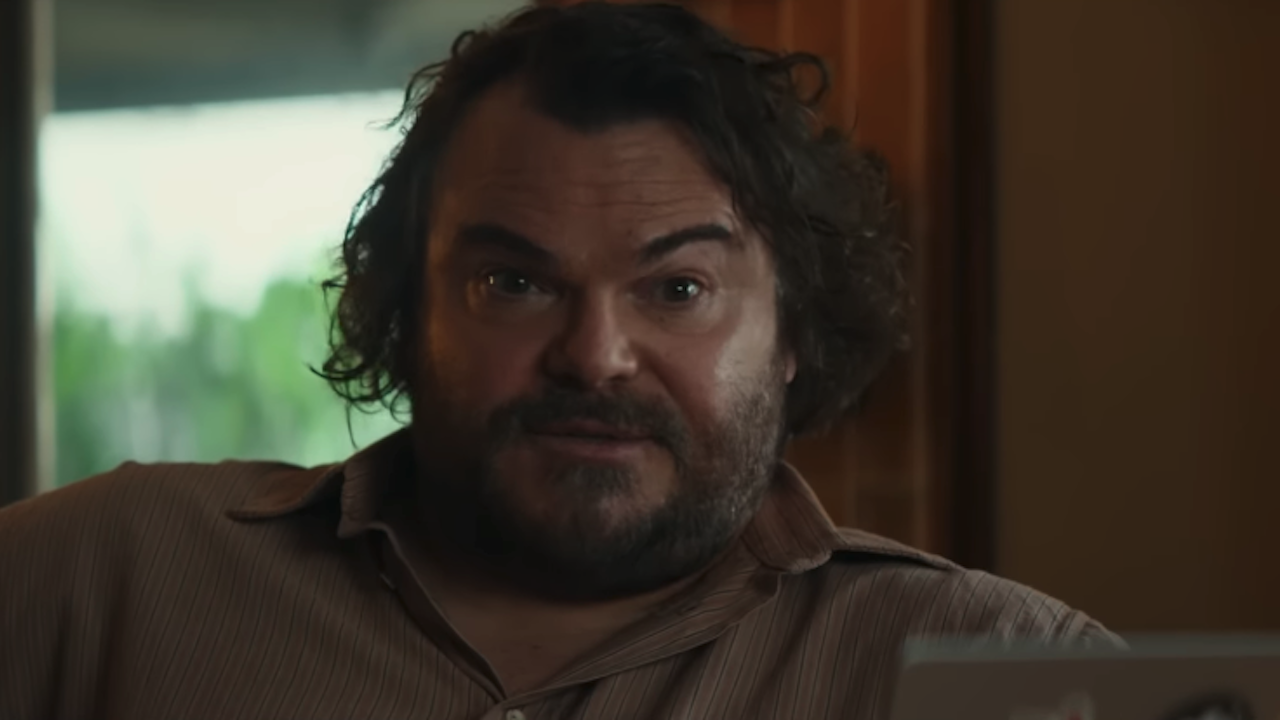3 Big Lessons Disney Remakes Should Have Learned From Maleficent
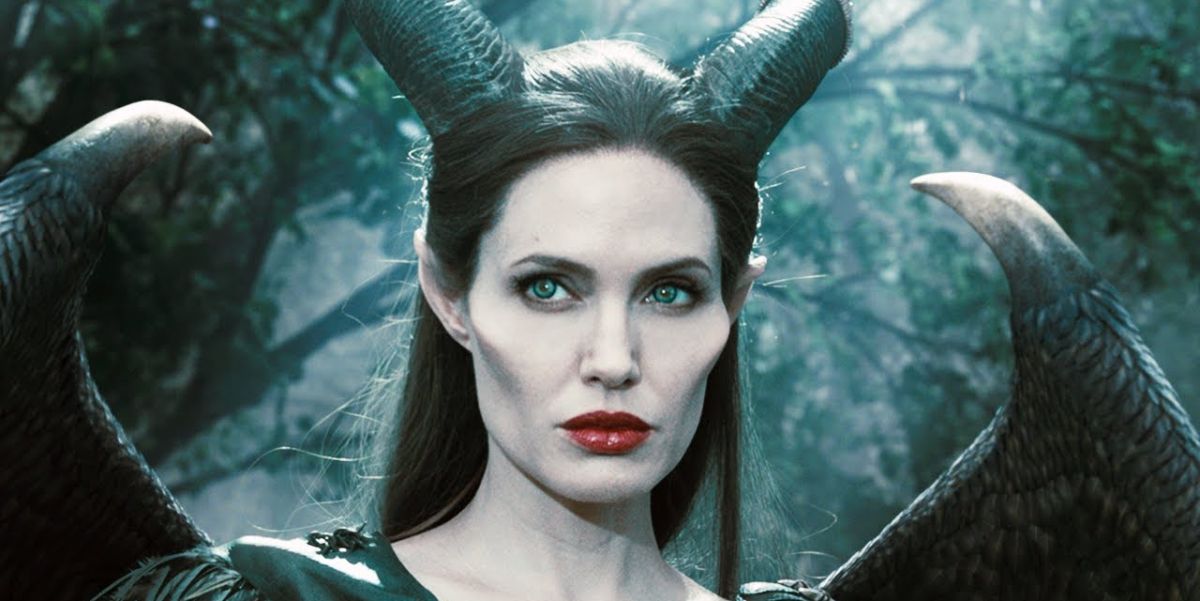
Technically speaking, live-action remakes of animated Disney movies date back to the first attempt at The Jungle Book back in 1994. However, if we're looking for the point at which Disney realized that these remakes could be a consistent, and profitable, segment of the movie studio's production, it starts with 2014's Maleficent.
The movie made three quarters of a billion dollars, and of the 13 live-action remakes (and associated sequels) that have come out from Disney so far, nine of them have arrived in the last five years. The 14th film in this lineup opens this Friday with the long awaited Maleficent sequel, Mistress of Evil.
While Disney may have learned from Maleficent that remaking its animated classics could be successful, it unfortunately feels that's the only thing the studio learned from the film. While Maleficent was a movie that had some problems, it's one of the few Disney remakes that has made a true impression on me. It didn't simply retell the story we all knew with human characters, it tried hard to be different. While it didn't always stick the landing, I respect the hell out of it for making the attempt.
Not every Disney remake failed to learn these lessons, but most have, and none have followed these lessons in quite the same way the original Maleficent did. Here are the things that I really wish the rest of the Disney remakes had learned from Maleficent.
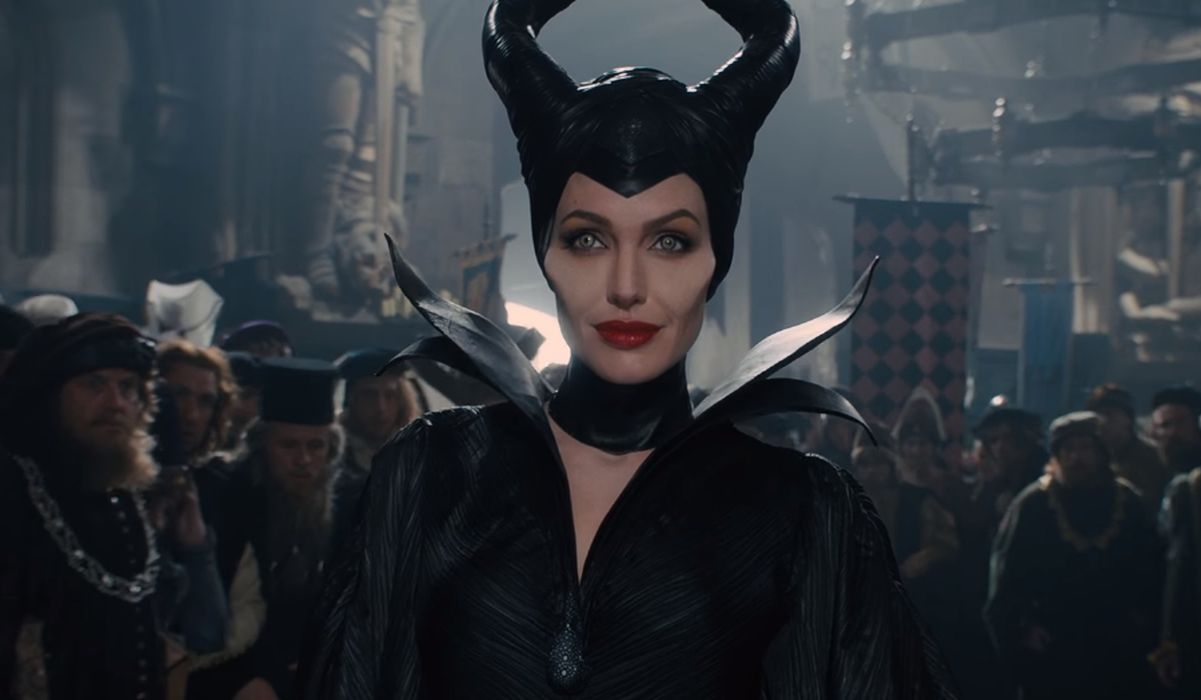
The Movie Doesn't Need To Actually Be A Remake
Alright, so let's just get this bit out there up front. When we're talking about "Disney remakes," they don't actually need to be remakes. While we call Maleficent a live-action remake of Sleeping Beauty, it isn't really that. Sleeping Beauty opens with the birth of the princess Aurora. Maleficent has completed its entire first act before we get there.
Maleficent does cover all the important ground of Sleeping Beauty; the story is there, but that's never what the movie is about. It's a stark contrast now with more recent remakes like The Lion King, Beauty and the Beast and Aladdin, which are practically carbon copies of the animated versions, with a few largely meaningless changes thrown in only to either "fix" perceived plot holes or to throw a coat of modern paint over an element that hasn't aged as well.
Maleficent instead tells its own story. It fits in the bits we already know where they make sense, but it never feel beholden to the original. Quite the opposite, the movie tells you up front that the original movie is not to be trusted.
Your Daily Blend of Entertainment News
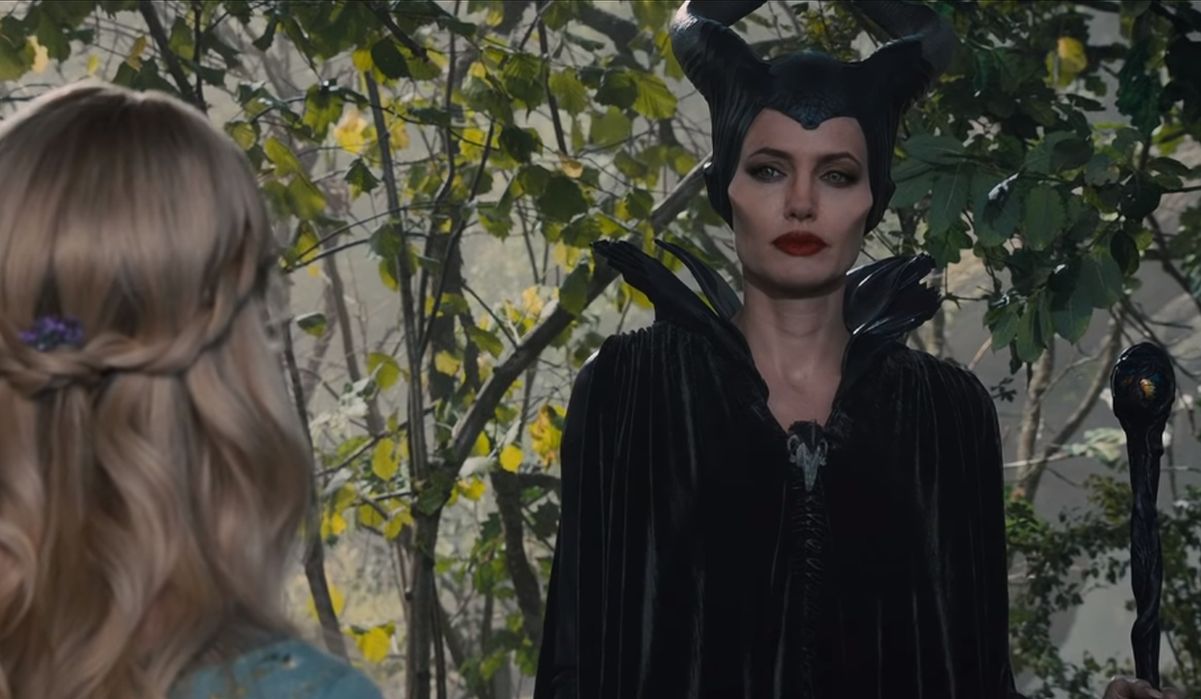
Change The Perspective
Part of the reason that Maleficent works so well, while not really being that much of a remake, is that the entire film's premise is built on the fact that it changes the lens through which we see the movie. As the title tells us up front, this is not the story of Sleeping Beauty, but the story of Maleficent. Even if the movie had been a standard retelling of the animated Disney movie, even if Maleficent had been a more traditional villain, this decision would still have opened up the film's storytelling options.
Imagine if Beauty and the Beast had told the story more from the perspective of the Beast, or if we'd gotten Aladdin from the point-of-view of Jasmine or even the Genie. Even a movie telling essentially the same story that we got in those animated films would have been much more interesting by allowing us to get a bit deeper into these other characters. Maleficent isn't simply a live-action version of Sleeping Beauty; it works as a companion piece, which makes it far more compelling. Perhaps the forthcoming Cruella will give us more of this.
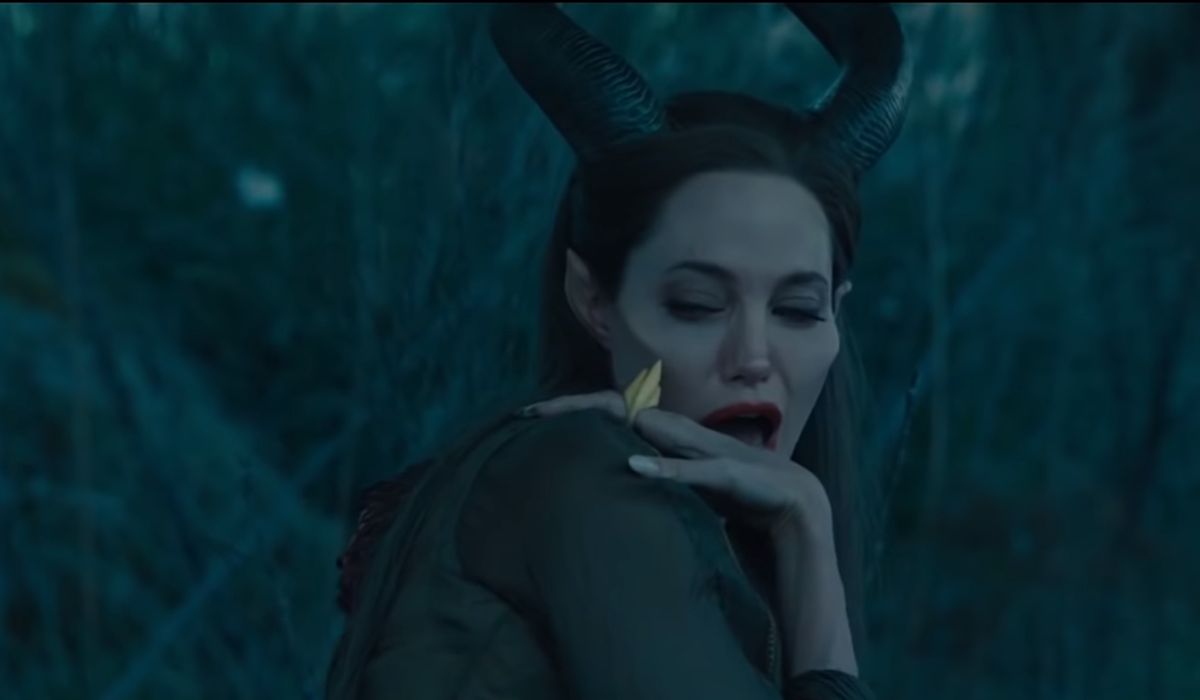
Take A Risk
In the end, the biggest issue that I have with the more recent Disney remakes have been their clear unwillingness to take any risks. Now, I completely understand the rea$on$ why Di$ney isn't looking to do anything dra$tic with these successful properties. Having said that, Maleficent was absolutely willing to do some things that were more than a little nuts, and it still made $750 million at the global box office, so maybe the fans aren't quite as afraid of change as we think.
In Maleficent's opening narration, we're told that the story of Sleeping Beauty that we know is false. The classic fairy tale, and by association, the Disney movie, are not the real story. That's a fairly gutsy move to make, as it's a bit of biting the hand that feeds you. Only Tim Burton's Dumbo, with its evil Walt Disney by way of Thomas Edison villain, was willing, and somehow still able, to make a similar move.
Beyond that, Maleficent takes things to yet another level when we learn that the source of all of Maleficent's anger towards Aurora's family comes due to her being the victim of a brutal assault where Maleficent is drugged and her body is mutilated. The sequence in which Maleficent wakes and discovers what has been done to her is heart-wrenching. The symbolism will be lost on younger viewers, but it's not subtle. I still wonder how Disney gave this movie a green light.
For everything in the first Maleficent that works, there are a couple of things that don't, but that's just the reason that I've been disappointed that more Disney remakes haven't gone down this more unusual path. If the first Maleficent had been a learning experience, then after another try to two, we could have had a much better idea how to make these movies feel like live-action versions of the movies we already love, while also being their own thing.
Instead, we get movies that feel like going to a midnight screening of The Rocky Horror Picture Show where live actors perform the movie for you, while the movie you know runs in the background.
Maleficent: Mistress of Evil is now hitting theaters and, since this film isn't based on any part of Disney's Sleeping Beauty, I'm certainly hopeful that will give it license to truly branch out and be something unique. If the sequel is the movie that can finally improve on the formula of the original, maybe the rest of the Disney remakes will finally begin to finally learn from this example.
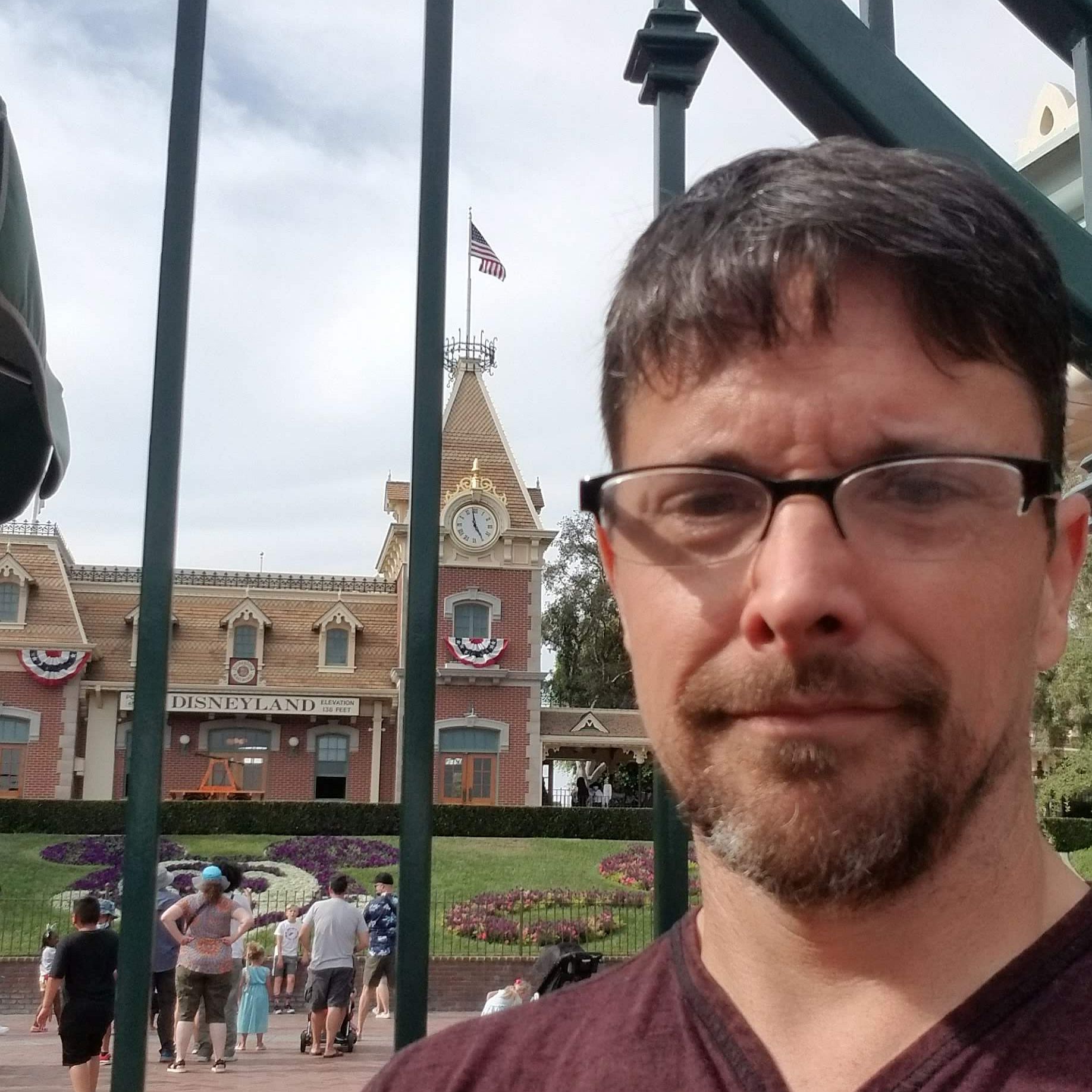
CinemaBlend’s resident theme park junkie and amateur Disney historian, Dirk began writing for CinemaBlend as a freelancer in 2015 before joining the site full-time in 2018. He has previously held positions as a Staff Writer and Games Editor, but has more recently transformed his true passion into his job as the head of the site's Theme Park section. He has previously done freelance work for various gaming and technology sites. Prior to starting his second career as a writer he worked for 12 years in sales for various companies within the consumer electronics industry. He has a degree in political science from the University of California, Davis. Is an armchair Imagineer, Epcot Stan, Future Club 33 Member.
